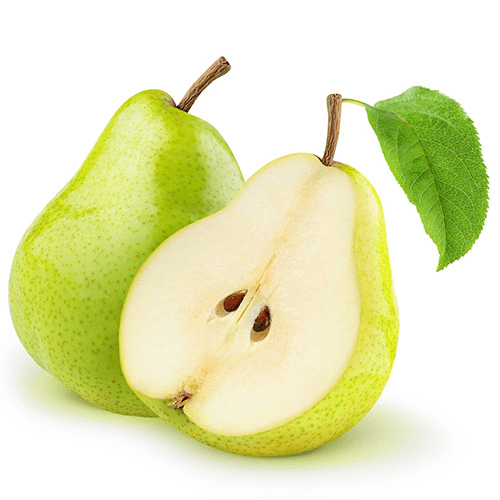Introduction to Pears
Pears are one of the most beloved fruits, known for their sweet, juicy flavor and crisp texture. These fresh and healthy pears are not only delicious but also packed with a variety of nutrients that contribute to overall well-being.
Nutritional Benefits of Pears
One of the standout features of pears is their high fiber content. A medium-sized pear provides about 6 grams of dietary fiber, which is essential for maintaining a healthy digestive system. Additionally, pears are a good source of essential vitamins such as Vitamin C, Vitamin K, and several B vitamins, all of which play crucial roles in bodily functions.
Beyond vitamins and fiber, pears also contain important minerals like potassium and copper. Potassium is vital for heart health as it helps regulate blood pressure, while copper aids in iron absorption and supports the immune system. The combination of these nutrients makes fresh and healthy pears a valuable addition to any diet.
Health Benefits
Incorporating pears into your diet can offer numerous health benefits. The high fiber content helps in promoting satiety, making it easier to manage weight. Moreover, the antioxidants present in pears, such as flavonoids and polyphenols, help fight oxidative stress and reduce inflammation, potentially lowering the risk of chronic diseases.
Pears are also known for their low glycemic index, making them an ideal fruit for those managing their blood sugar levels. Their natural sweetness provides a satisfying alternative to sugary snacks, without causing significant spikes in blood glucose.
Conclusion
In summary, fresh and healthy pears are not only a delightful treat but also a powerhouse of nutrition. Their rich fiber content, essential vitamins, and minerals contribute to overall health, offering benefits ranging from improved digestion to better heart health. Including pears in your diet is an easy and delicious way to enhance your nutritional intake.








Reviews
There are no reviews yet.